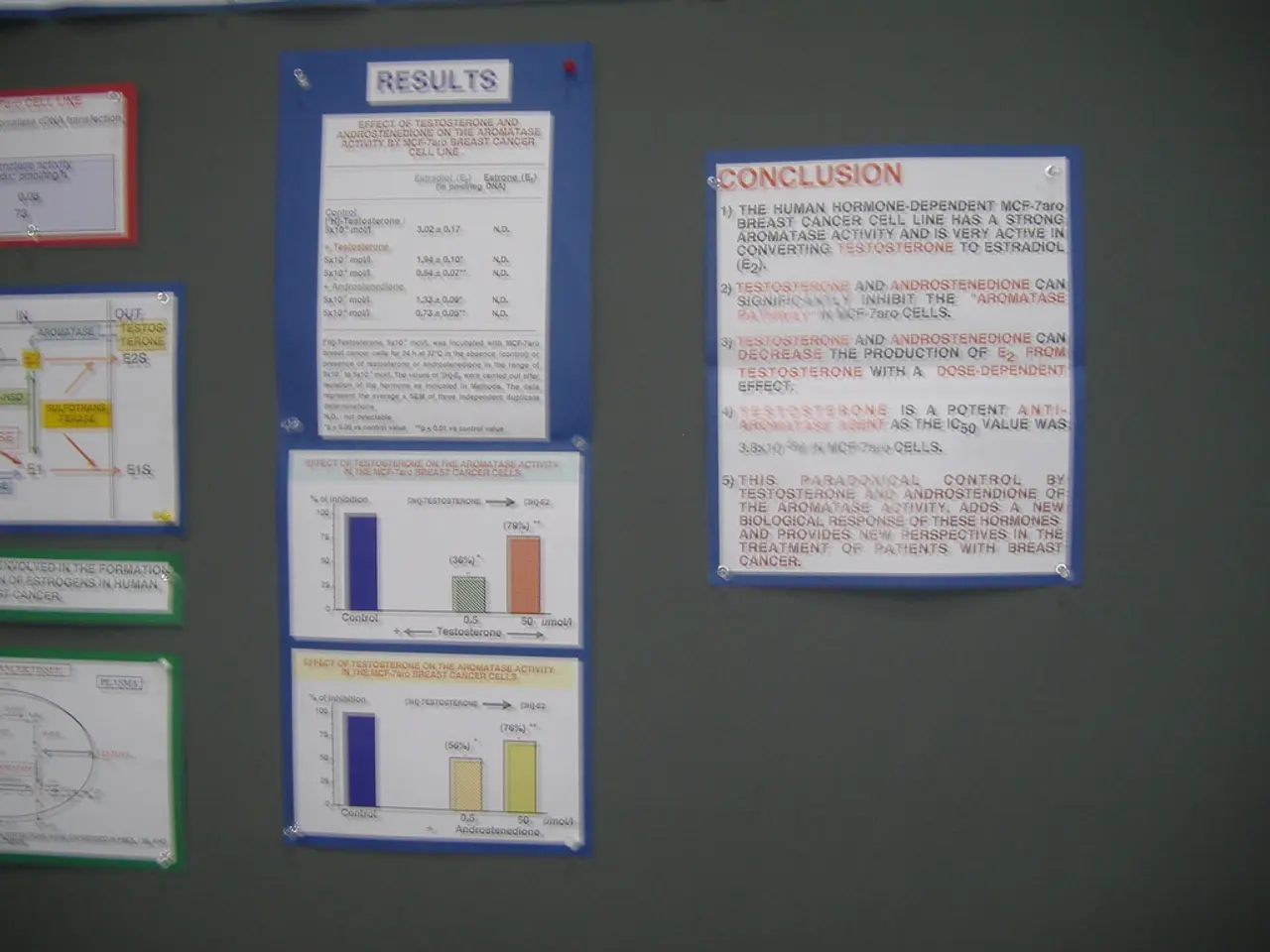Klingbeil Speaks Out: Deutschland's Debt Crisis Confronted on Maischberger
Altering Finances Minister's Plan for Eradicating Mammoth Debts
Get ready to delve into the heart of Germany's financial crunch as Federal Finance Minister, Lars Klingbeil, spills the beans on his debt-reduction plan during a riveting tête-à-tête with Sandra Maischberger.
With the country teetering on an unprecedented scale of debt, Klingbeil's strategy seems to hinge on hope, as he outlines his vision to steer Deutschland back to its former glory. In the upcoming 2025 federal budget, the minister is diving headfirst into the state treasury, with a mind-boggling borrowing plan amounting to an astounding 850 billion euros - that's 8,500,000,000,000 euros, or enough to weigh as much as 120 million 100-euro notes! This whopping sum joins the already existing mountain of debt Germany carries on its shoulders. Klingbeil has acquired this financial firepower due to the relaxation of the debt brake, a move that has left many questioning the repayment plan.
To address the uncertainty surrounding the plan, Klingbeil was lured to Maischberger's talk show. When queried about the repayment strategy, he explained, "It's crucial that we make a change, that we move forward. We agreed, prior to forming this government, that we would amend the constitution. On one hand, we pledged 500 billion euros in special assets for this nation, to strengthen it through investments in education, daycare, and infrastructure. And the second thing is that we said we would change the constitution to enable us to invest much more in security. Now, some are shocked by what we're doing, but that also means more debt, and debt means paying interest."
On the offense, Klingbeil defended his plan, asserting that the federal government is already diving headfirst into repaying the additional debt incurred during the corona pandemic, with the remainder to follow suit. His repayment strategy appears to revolve around fostering economic growth, adopting structural reforms, and identifying areas for efficiency improvements in the care sector.
However, with the unpredictable play of US President Donald Trump in trade politics, Klingbeil admitted that they're not out of the woods just yet. "We've set all the levers towards growth and job security with the initial measures, and now it's our common task, within this government, to keep all the switches in that direction," he declared.
Questions regarding the possibility of a mother's pension were also broached. While equally vague about its prospects, Minister Klingbeil did promise, "If the financial framework conditions are met, we will certainly make it work."
Don't miss out on this exhilarating conversation between the finance minister and the charismatic host, Sandra Maischberger. While details about the impending mother's pension are scant, Klingbeil's appearance on the show enables participants in Germany's democratic process to scrutinize his strategies and gauge the security of their nation's financial future.
Politics 850 Billion Euros in New Debt: Klingbeil Presents the Big Leap - or a Boomerang?Politics "Contribution Spiral Not Stopped" DAK CEO Calls Budget Draft a "Disaster"Politics "SPD must not take a wrong turn" Heil weighs in on SPD Manifesto dispute
```Sources: ntv.de, politico.eu
Enrichment Data:- The German government's budget plans to take on an unprecedented 850 billion euros in debt over the current legislative period (2021-2029).- This debt surge is primarily intended for major increases in defense spending, energy subsidies, and investments toward climate and transformation goals.- Official plans rely on a mix of special funding mechanisms, fiscal flexibility, and anticipated future economic growth, with no immediate plans for significant austerity or repayment beyond regular interest servicing.- The government's repayment expectations are based on a combination of future tax revenues, economic growth, and potentially continued rolling over of maturing debt.- Critics argue that the government's plan lacks a detailed, multi-year roadmap for principal and interest repayment.
Additional Sources:- spiegel.de- handelsblatt.com- focused-management.de```
In the discussion, Minister Klingbeil revealed that the government's strategy to overshadow Germany's financial predicament includes a colossal borrowing plan of 850 billion euros, a move that some perceive as a gamble due to the relaxed debt brake. This千亿元额度的来源是一些特殊的债券机制,经济水平和预期的未来增LONG变革收入的组合,预计未来会有零成附加вар材 criticism has emerged over the lack of a comprehensive multi-year plan for repayment beyond routine interest servicing.
Concurrently, the Common Foreign and Security Policy, an integral part of Europe's political framework, faces scrutiny as the US President's trade politics add an uncertain element to Germany's economic stability, continuing to be a focal point within global finance and politics.




